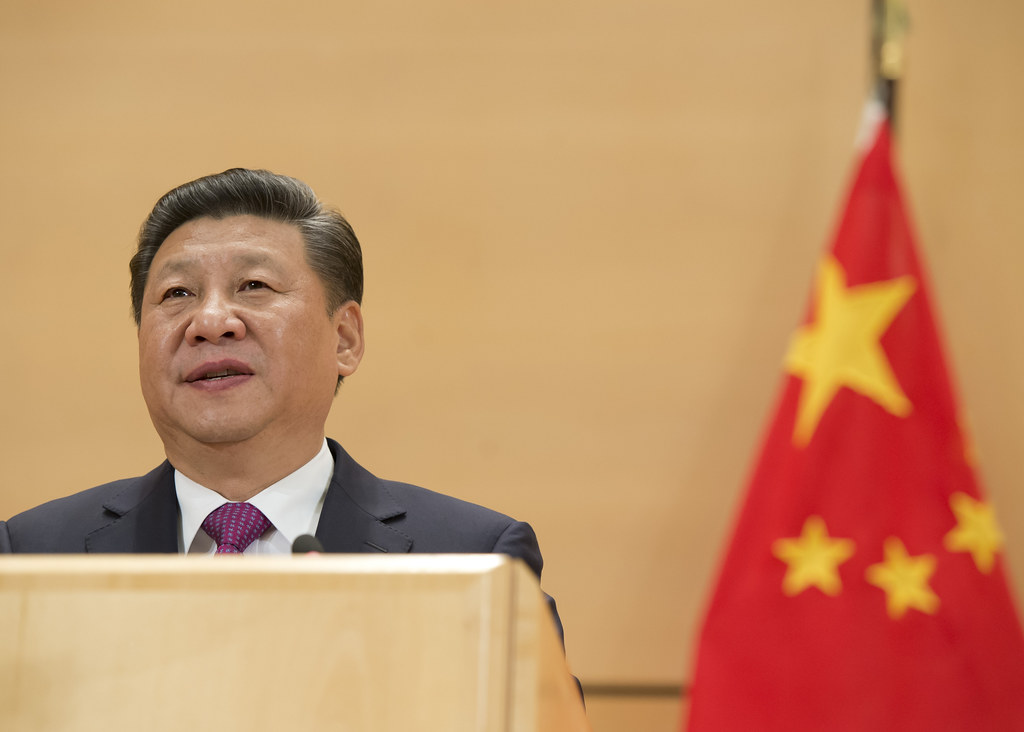Here’s how China sneaks into Senegal, Eritrea and Guinea

Fight against terrorism, infrastructure, minerals and agricultural resources: all the news on China's moves in Africa. The point of Gagliano
Despite the economic war put in place by Trumo and despite the French, Russian, Turkish and of course American presence in Africa, the summit which has been taking place since Sunday 28 November and will end tomorrow – namely the Africa-China summit which will take place from Senegal – is of extreme importance.
Once again, it is confirmed how indispensable is the presence of China in Africa, as can be clearly seen from the words of the Foreign Minister of Senegal Aissata Tall Sall, who explicitly asked for help from China to stabilize the Sahel region (and not from France) .
Regardless of the role that China should play in the fight against terrorism, the direct exchange between China and Africa in 2019 reached 200 billion dollars and for this reason the foreign ministers of Senegal underlined in his speech the centrality of cooperation in the financial context especially to overcome the situation of severe indebtedness.
The fact that this summit took place 10 days after the visit made by the US secretary of state to Africa – and therefore also to Senegal – is extremely significant of how the two countries are in a permanent global conflict: from Africa to Europe to the Indo Pacific. A conflict aimed at opposing their mutual objectives of power projection.
But China has achieved another important milestone: Eritrea and Guinea-Bissau have joined the Belt and Road Initiative, President Xi Jinping's commercial and infrastructural development plan. Eritrean cooperation is expected to consolidate China's foothold in the Horn of Africa and the Red Sea, where Beijing has broad interests, ranging from a military base to mega infrastructure projects such as ports and railways.
With Guinea-Bissau's accession, Beijing would be able to expand its maritime interests along the West African coast.
It should also not be forgotten that China in the Horn of Africa financed and built a railway line that runs from the Ethiopian capital Addis Ababa to the port of Djibouti on the Red Sea. It established its first overseas military base in Djibouti and also financed mega ports and port terminals in the country.
As for Guinea-Bissau, the Chinese have been very active in logging and deep-sea fishing, and they are also interested in oil exploration. The country has also benefited from Beijing's "vaccine diplomacy". With the entry of Eritrea and Great Britain, the number of African countries that have signed memoranda of understanding with China rises to 48.
Earlier this year, the Democratic Republic of the Congo, where Chinese companies have mining interests, and Botswana joined the New Silk Road initiative.
This leaves Burkina Faso, eSwatini, Mauritius, Sao Tome and Principe and Malawi as the only African nations that have not joined the Chinese initiative – at least for the moment.
However, there is another far from negligible aspect that is being addressed at this summit, namely agricultural cooperation or rather the increase in investments in the context of agricultural trade. In fact, many tend to forget that in Africa not only oil is on the way but that the agri-food sector plays a decisive role: quantifying it is around 60% of African economic activity.
And it is no coincidence that China's import of agricultural products from Africa went from 3 percent to nearly 6 percent of overall Chinese imports from the continent from 2018 to 2020.
The main products that are exported to China are seeds and fruit, tobacco, edible nuts, cotton and wool. Just three countries – South Africa, Zimbabwe and Sudan – accounted for nearly half of China's total agricultural imports from the mainland between 2018-2020.
But China has also exported its agricultural products to Africa: in fact, Chinese agricultural exports to Africa can be quantified at around 3 billion dollars in the coffee, tea, spices and cereals sector.
This is a machine translation from Italian language of a post published on Start Magazine at the URL https://www.startmag.it/mondo/cina-africa-senegal-eritrea-guinea-bissau/ on Tue, 30 Nov 2021 08:20:04 +0000.
